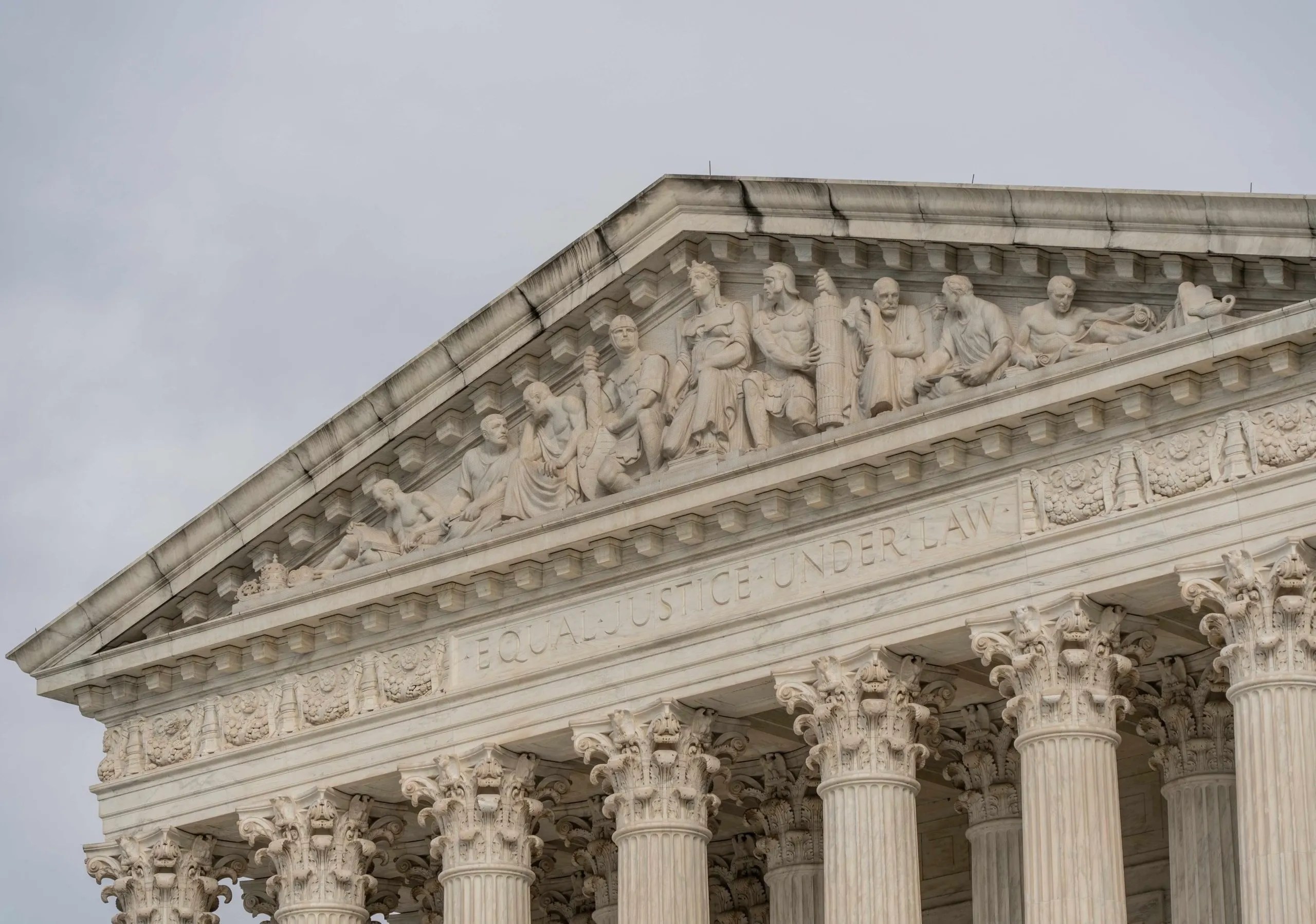Court asks for government’s views in decades-old Exxon dispute with Cuba


The Supreme Court on Monday asked the Trump administration to weigh in on a dispute between Exxon Mobil and three Cuban-owned companies stemming from the Cuban government’s seizure of property more than a half-century ago. The call for the views of the U.S. solicitor general in Exxon Mobil Corp. v. Corporation Cimex came as part of a list of orders from the justices’ private conference on Friday, May 1.
The dispute dates back to 1960, when the Cuban government, led by Fidel Castro, confiscated all of the property owned by the Cuban-based subsidiaries of Exxon, then known as Standard Oil, including a refinery and over 100 service stations.
Nine years later, a commission created by Congress certified that Standard Oil had lost more than $71 million – more than $600 million in today’s dollars.
In 1996, Congress passed the Cuban Liberty and Democratic Solidarity Act of 1996, also known as the Helms-Burton Act. Title III of the law allows U.S. nationals who owned property in Cuba to sue anyone who “traffics in property which was confiscated by the Cuban Government on or after January 1, 1959.”
Exxon went to federal court in 2019, seeking compensation for its losses from three state-owned companies that, it contends, “traffic” in seized property.
The Cuban companies asked the district judge to dismiss the case. They pointed to the Foreign Sovereign Immunities Act, a federal law that generally gives foreign countries immunity from lawsuits in U.S. courts. The district judge allowed the case to go forward as to one of the companies, concluding that it fell within an exception to the FSIA for commercial activity. The district court rejected Exxon’s contention that Title III of the Helms-Burton Act provides an independent basis for a lawsuit in U.S. courts.
Exxon appealed to the U.S. Court of Appeals for the District of Columbia Circuit, which – by a vote of 2-1 – upheld the district court’s decision. Writing for the majority, Chief Judge Sri Srinivasan explained that the “terms of the FSIA contemplate that jurisdiction in a civil action against a foreign sovereign could arise only under the FSIA itself, not under some other statute like Title III.” Title III, he added, refers to scenarios in which people or entities who traffic in expropriated property can be held liable, while the FSIA “specifically addresses when a foreign state [is] immune from … jurisdiction.’”
Senior Judge A. Raymond Randolph dissented. The enactment of Title III, he contended “established a specific, independent, and exclusive cause of action for American nations whose property the Cuban government had confiscated decades earlier. The liability of those trafficking in such property does not depend on the Foreign Sovereign Immunities Act.”
Exxon came to the Supreme Court in December, asking the justices to weigh in. “Forcing Helms-Burton Act claims into the FSIA framework,” it argued, “will deny many claimants the ‘judicial remedy’ that Congress promised, because many instances of trafficking by Cuban-owned enterprises may not satisfy any FSIA exception.”
The Cuban-owned companies countered that the D.C. Circuit’s ruling “both respects and safeguards Congressional judgment in this sensitive area.” Moreover, they added, the justices do not need to intervene because Exxon’s claims against the companies may still be able to go forward under the commercial-activity exception.
There is no deadline for the solicitor general to respond to the court’s request for the government’s views.
The justices once again did not act on several high-profile petitions for review that have been pending for several weeks, including challenges to Rhode Island’s ban on large-capacity magazines and Maryland’s ban on military-style assault rifles, as well as a challenge to the transfer to a mining company of federal land in Arizona that the San Carlos Apache Tribe regards as a sacred site.
The justices will meet again for another private conference on Thursday, May 15. Orders from that conference are likely on Monday, May 19, at 9:30 a.m.
Posted in Relist Watch
Cases: Exxon Mobil Corp. v. Corporación Cimex, S.A.